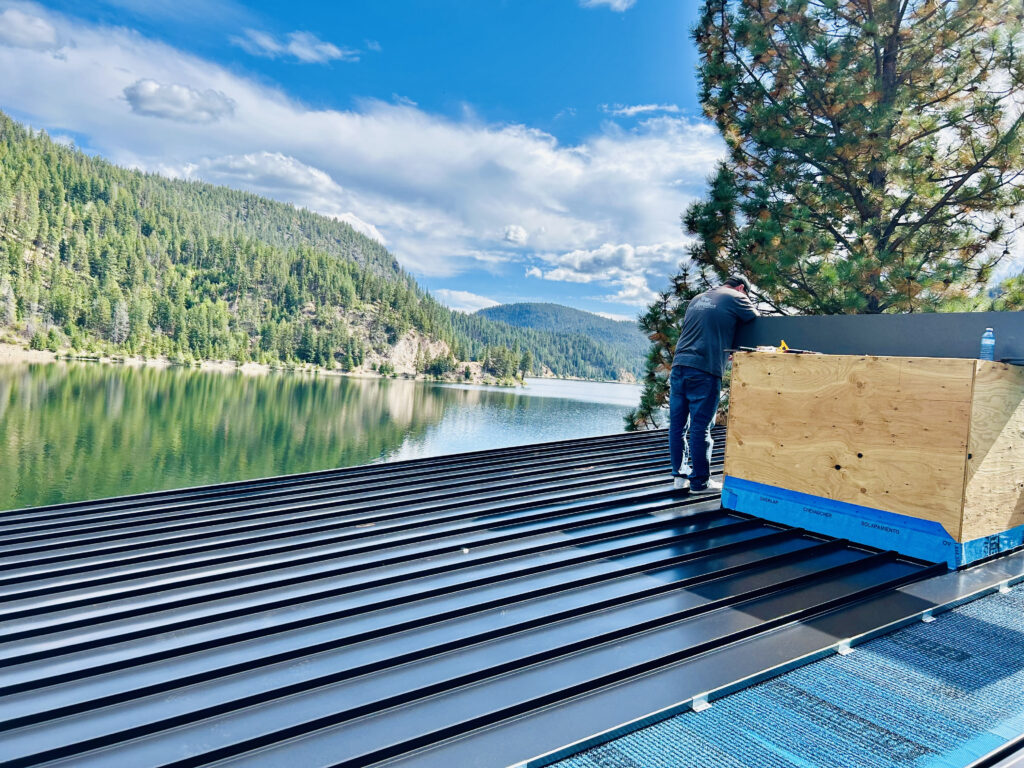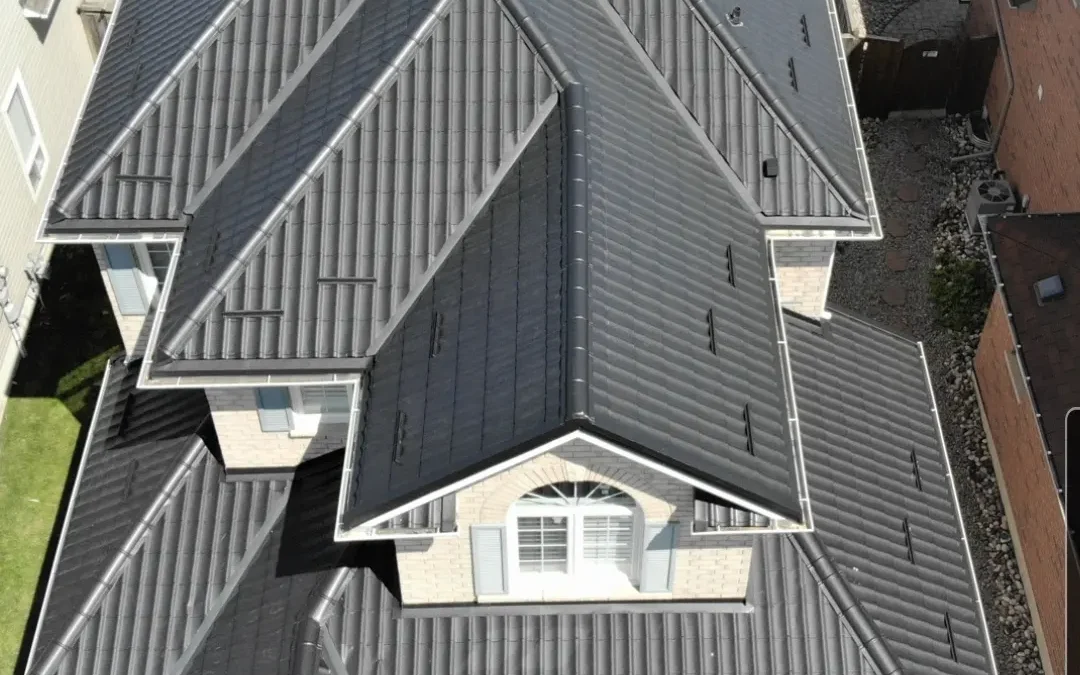Metal roofing is a popular choice for homeowners and businesses in Vancouver, known for its durability and energy efficiency. Selecting the appropriate gauge—essentially, the thickness of the metal—is crucial for ensuring your metal roof meets your specific needs. The two common options are 24-gauge and 26-gauge metal roofing. Understanding the differences between these gauges can help you make an informed decision that balances durability, cost, and suitability for Vancouver’s climate.
In Vancouver’s wet and variable weather conditions, metal roofs offer significant advantages. They are resistant to moisture, reducing the risk of rust and corrosion, and can withstand heavy rain and wind, providing long-lasting protection and peace of mind.
When choosing between 24 and 26-gauge metal roofing, it’s important to consider factors such as thickness, durability, cost, weight, and aesthetic options. Each gauge has its own set of benefits and potential drawbacks, and the best choice depends on your specific requirements and the environmental conditions of your location.
In this blog, we’ll break down the key differences between 24-gauge and 26-gauge metal roofing to help you decide which option suits your roofing needs best.
What is Metal Roofing Gauge?
When it comes to metal roofing, the term “gauge” refers to the thickness of the metal sheets used in the roof. A common misconception is that a higher gauge number means a thicker metal sheet, but it’s actually the opposite. The lower the gauge number, the thicker and stronger the metal.
For example, a 24-gauge metal roof is thicker than a 26-gauge metal roof, making it more durable and better at withstanding extreme weather conditions, such as heavy snow or high winds. On the other hand, a 26-gauge metal roof is lighter and more affordable, making it a good option for areas with milder climates or where budget is a priority.
The right gauge for your roof largely depends on your specific needs, including your home’s location, the type of weather it faces, and your overall budget. In places like Vancouver, where heavy rain and occasional snowfall are common, thicker gauges like 24 may offer better long-term protection.
5 Key Differences Between 24 and 26-Gauge Metal Roofing
Choosing the right gauge for your metal roofing can have a big impact on the durability, appearance, and overall cost of your roof. Let’s explore the five key differences between 24-gauge and 26-gauge metal roofs to help you make the best decision for your home or business.
1. Thickness
The most noticeable difference between 24 and 26-gauge metal roofing is thickness. A 24-gauge metal roof is thicker than a 26-gauge metal roof, making it more resistant to dents, scratches, and damage from severe weather. This extra thickness can also help reduce noise from rain or hail.
2. Durability
Since 24-gauge metal sheets are thicker, they are generally more durable and can better handle extreme weather conditions like heavy snow or strong winds. This makes them a great option for areas like Vancouver, where rain and wind are frequent. While 26-gauge metal roofs are still sturdy, they are better suited for less demanding environments or buildings where cost is a bigger concern.
3. Cost
One of the main reasons people choose 26-gauge metal roofing is its lower price. The thinner material costs less to produce and install, making it a budget-friendly option. In contrast, 24-gauge metal roofing price tends to be higher due to its increased thickness and durability. If long-term performance is your priority, investing in 24-gauge might be worth the extra cost.
4. Weight
Because 24-gauge metal is thicker, it is also heavier. This added weight can increase the time and effort required for installation. On the other hand, 26-gauge metal roofing is lighter and easier to work with, which can reduce installation time and costs. However, keep in mind that the weight difference might not matter much for smaller roofs or if you’re hiring experienced professionals.
5. Aesthetic Options
Both 24 and 26-gauge metal roofs come in a wide range of colors and finishes, allowing you to match your roof to the style of your property. Thicker 24-gauge metal can offer a more refined appearance, as it tends to lay flatter on the roof surface, minimizing the chance of waviness or oil canning (a visual distortion that sometimes appears on thinner metal sheets).
Understanding these differences will help you determine whether a 24-gauge or 26-gauge metal roof is the right fit for your needs. If you’re still unsure, it’s always a good idea to consult with a professional metal roofing contractor who can offer tailored advice based on your specific situation.
When to Choose 24 vs 26 Gauge Metal Roofing
Deciding between a 24-gauge metal roof and a 26-gauge metal roof depends on several factors, including your budget, climate, and building structure. Each gauge has its strengths, so let’s look at when each option might be the better choice.
When to Choose 24-Gauge Metal Roofing
If you live in an area prone to extreme weather conditions, such as heavy rain, strong winds, or snow, a 24-gauge metal roof is a smart choice. Its thicker material provides extra strength and durability, ensuring it can withstand harsh elements without denting or warping. This makes it ideal for homes and commercial buildings in Vancouver, where rain and occasional snowfall are common.
Additionally, if you’re looking for a premium roofing solution that offers a sleek, polished appearance with minimal distortion, 24-gauge metal is a better option. While it may cost more upfront, its long-term durability and low maintenance can save you money over time.
When to Choose 26-Gauge Metal Roofing
A 26-gauge metal roof is a great option if you’re working with a tighter budget but still want the benefits of metal roofing. It’s lighter and easier to install, which can reduce labor costs. Despite being thinner, it still provides good protection against typical weather conditions and is suitable for many residential buildings and smaller commercial properties.
If your property is in a milder climate or if aesthetics and cost are more important than maximum durability, 26-gauge metal roofing is likely to meet your needs. It’s also a popular choice for garages, sheds, and other outbuildings where a thicker roof isn’t necessary.
Choose 24-gauge metal roofing when durability and performance in extreme weather are your top priorities. Opt for 26-gauge metal roofing if you want a more affordable, lighter option that still offers solid protection. If you’re unsure, consulting with a local metal roofing contractor can help you select the right gauge based on your specific location and project requirements.

Final Thoughts
Choosing between 24-gauge and 26-gauge metal roofing can feel overwhelming, but it really comes down to your specific needs and budget. If you’re looking for something that can handle harsh weather conditions like heavy rain, snow, or strong winds—especially in places like Vancouver—24-gauge metal roofing offers superior strength and long-term durability. On the other hand, if you want a reliable, cost-effective solution that still provides solid protection, 26-gauge metal roofing is a great option.
Both gauges have their pros and cons, so think about what matters most to you: long-term durability or upfront savings. While metal roofs offer excellent durability, one concern homeowners often have is noise during heavy rainfall. If you’re worried about this, check out these 7 smart ways to minimize metal roof noise when it rains to ensure a quieter home.
Whether you go with a 24 or 26-gauge metal roof, you’ll benefit from the durability, energy efficiency, and aesthetic appeal that metal roofing offers. Ready to take the next step? Reach out to a professional to get advice tailored to your project.

